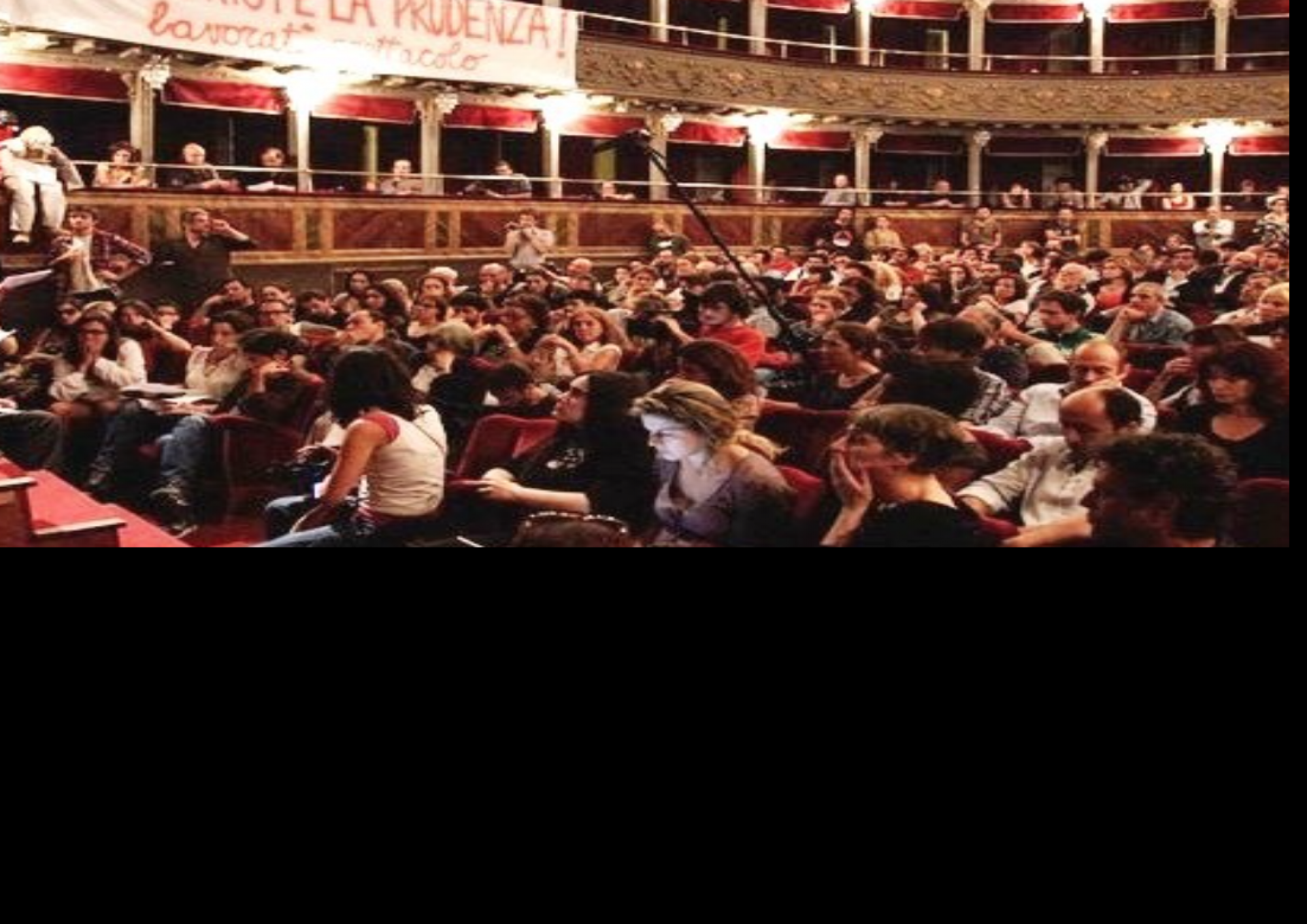Methods to be utilised
Given the twin orientation of the research project, which will promote theoretical reflection on community and the political by simultaneously undertaking empirical studies, its methodology is accordingly twofold and diverse. In the work of critical political thought, Heteropolitics will employ the methods of contemporary political theory and will follow its practices of analysis and argument. In the more empirically oriented case studies, it will adopt an ethnographic practice of field research, conducting on site inquiries into specific cases of innovative social movements, civic practices and community structures.
1. Political theory is an open-ended, diverse and plural discipline which sets various ends in its scholarly work. These range from the analysis of actual political systems, the scrutiny of key terms of political vocabularies and the history of political ideas to concrete policy recommendations and the elaboration of normative arguments about political thought and action. Its inquiries explore ‘canonical’ and other texts of political philosophy, but they also delve in actual political debates, texts in the press, manifestos and popular literature (Leopold & Stears 2008: 1-10).
There are two main approaches to political theory:
- an analytical or ‘hermeneutical’ one, which clarifies the meaning of particular concepts. This includes analytic political theory, hermeneutics, discourse theory and the history of ideas (Leopold & Stears 2008; Freeden 2008; Freeden 1996; Howarth, Norval & Stavrakakis 2000);
- a critical and normative approach, which engages with the arguments of political thinkers or political discourse. The aim is to make sense of the arguments, to produce a critique of their logic or their political content, to develop one’s own arguments and to formulate normative prescriptions. This approaches includes, among others, analytic political philosophy and Critical Theory (Freeden 2008; McNay 2008; Tully 2008).
Heteropolitics purports to both analyse contemporary thought on the common and the political, and to elaborate its own critical and original reflection. Accordingly, it follows both approaches.
More specifically:
- It will draw on Discourse Theory for analysis. This investigates how social practices form the identities of subjects and objects by articulating together a series of signifying elements. ‘Articulation’, ‘nodal point’, ‘antagonism’, ‘logic of equivalence’, and ‘logic of difference’ are key terms of this methodology.
- It will deploy the embedded critique of ‘Critical Theory’, which appeals on values immanent to social practices, and the critical methodology of M. Foucault, which discloses the historically contingent conditions of particular modes of governance and investigates the specific range of questions, problems and solutions to which they give rise (genealogy, discourse, subjectivation).
2. The Ethnographic Methodology of Fieldwork and participant observation in the Case Studies
The anthropological methodology of fieldwork and participant observation, which will be deployed in the case studies of the project, is more appropriate for in-depth, qualitative research which intends to capture local meanings and practices of community organization that diverge from the mainstream and from accumulated knowledge (Haug, Rucht & Teune 2015: 30-31; Bray 2008; Lichterman 2002; Shukaitis & Graeber 2007). Heteropolitics follows, thus, a broader ‘ethnographic turn’ in contemporary social movement studies (Haiven & Khasnabish 2014: 48-66; Papapavlou 2015: 31-48; Graeber 2009; Maeckelbergh 2009). Ethnographic methods, using ‘thick description’, participant observation, ‘immersion’ in the field and in-depth interviews are particularly well suited to exploring ‘difference’, i.e. social processes through which active subjects re-imagine and remake social relations and structures in new and alternative ways. These methods take seriously the specific ‘lived realities’ of the people they study. They are designed to understand the subjective meanings of social practices ‘from within’. They tease out the tacit logics which underlie specific social practices by engaging closely with the social actors themselves, observing them through direct participation and conversing systematically with them in order to lay bare their beliefs, objectives, methods and doubts (Haiven & Khasnabish 2014: 50-55; Escobar 2009; Graeber 2009; Juris & Khasnabish 2013)
The aim will be to produce ‘grounded theory’ (Glaser & Strauss 2003) from a variety of case studies in different areas of Europe, looking into diverse schemes of civic participation, mobilization and community-building, which speak to the research agenda outlined above. ‘Grounded theory’ stages an ongoing dialogue between evolving theoretical concepts, working hypotheses, frames of analysis and the empirical data which are being collected through participant observation, surveys and interviews. The relevant theoretical categories will consist initially of concepts gathered and produced in the theoretical work of the project, and can be supplemented later on with new ones which may arise from the case studies.
